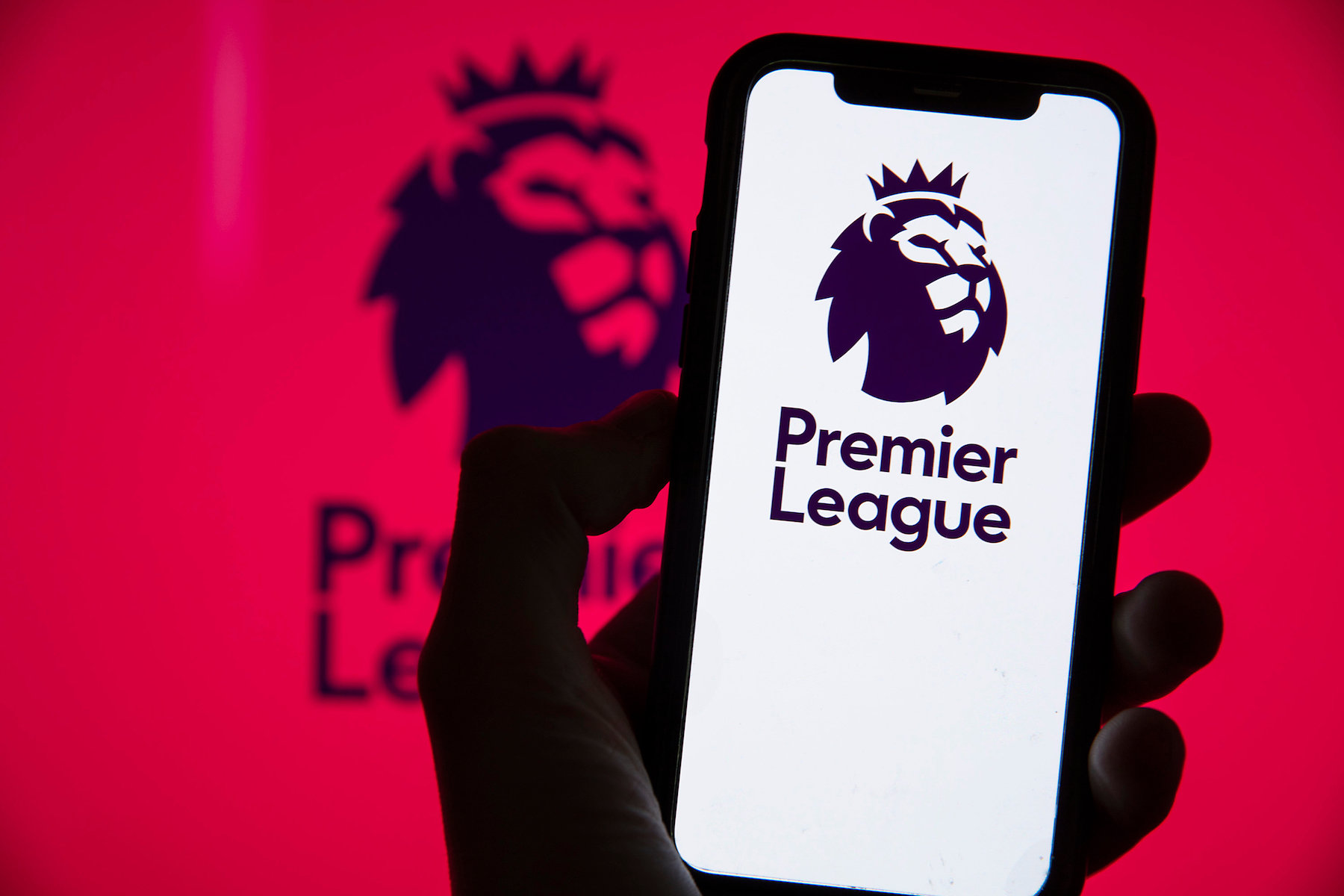The Premier League returns today, marking the start of the 2022/23 season. While football has been played professionally in England since the 1800s, the game today looks quite different from its origins – in no small part due to the rise of data analysis technology.
But just how important has data analytics become to football? And how has it changed the game? According to Paul Caldbeck, account director for data startup Sportlight, “fundamental is the key word”.
“Most decisions are made with data to support them,” Caldbeck tells UKTN.
Founded in 2015, Oxford-based Sportlight works with Premier League teams to provide data that informs strategic and business decisions.
Elite sports teams are increasingly turning to companies like Sportlight to gain a competitive edge or just to keep up with the pack.
Services include using LiDAR for real-time player performance tracking. That data is then analysed using AI to determine the ability and form of athletes, informing transfers and strategies for directors and managers.
The Moneyball approach
Football clubs have, to some extent, been incorporating data into their decision-making for some time now, but it’s only recently that it has become essential.
“The early clubs started touching on it 20/25 years ago, but in the last 10 years or so there’s been the whole Moneyball approach, and it’s become a bit more public domain,” says Caldbeck.
“Clubs have had access to very rudimentary data for some time. That was better than having none.”
But Caldbeck says modern innovations mean sports teams can measure “fast” and “really intricate actions” that legacy technology has struggled to capture.
The value of the industry has skyrocketed in that timeframe. Figures from Strategic Market Research placed the global value of the sports analytics market at $2.1bn (£1.7bn), projecting to grow to $16.5bn (£13.6bn) by 2030.
In June, Sportlight raised £4m in a funding round that included backing from the owners of Southampton FC.
Clearly the sector has become highly valued by professional sporting organisations, but what kind of impact does it have on clubs?
“Coaches will make decisions on players to purchase, squad rotation, and picking the ultimate squad,” says Caldbeck. “Data has a really big impact on that, we know there’s a lot more to the decision of whether to sign a player or not.”
Caldbeck described how profitable it can be for clubs to determine transfers from the data, particularly for “certain sizes of clubs”.
“A mid-ranking Premier League team, it might be very profitable for them to bring in players from lower leagues or smaller leagues abroad into the Premier League with potential sell-on [fees] in the future.”
By using data to determine the potential future value of a player that appears to be priced as a bargain, smaller clubs in the Premier League can look to maximise profits from buying low and selling high.
The post Premier League: How data has become a football game changer appeared first on UKTN | UK Tech News.


